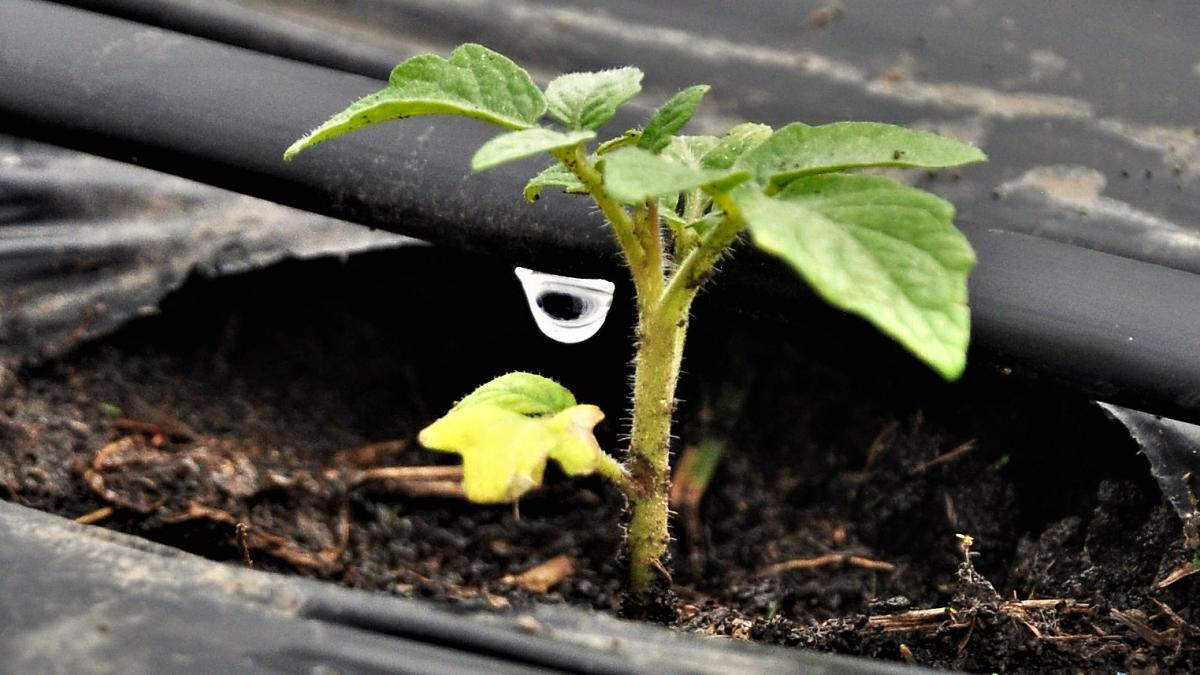Inclusive Climate Finance Initiative
Unlocking climate finance for vulnerable populations

ADA's Inclusive Climate Finance Initiative (ICFI) strives to channel international climate finance to the people who need it most. To this end, the programme will aim to both increase the supply of financing on the one hand and to facilitate the adaptation of vulnerable populations to climate change on the other hand. ICFI will be implemented in partnership with local aggregators such as financial service providers or enterprises.
Despite a strong investor interest in supporting the climate adaptation of vulnerable populations, the investment flow is stifled due to perceived high risks, a lack of investment-ready investees who can implement climate adaptation projects, high origination costs and a general lack of knowledge on how to reach vulnerable populations in an impactful manner.
These investment barriers can be overcome with de-risking measures and investment incentives such as guarantee funds and public-private partnerships as well as with innovative financial instruments such as green bonds and disaster funds. At the investee level, reporting in line with national and international standards will need to be put in place to meet the investors’ accountability requirements.
These measures will mitigate the perceived investment risks, thereby making it more attractive for investors to finance climate adaptation projects.
Facilitating local climate adaptation and resilience
While many local actors in developing countries recognise the urgent need to strengthen the resilience of the population to climate change through adaptation measures, they often lack the expertise to take action. This results in weak demand for climate financing.
ADA will stimulate this demand by providing targeted technical assistance to aggregators - mainly enterprises and financial service providers that directly support vulnerable populations’ adaptation efforts. Together with local partners, ADA will increase the aggregators’ capacity to not only access, manage and distribute climate finance but also to offer and implement effective climate adaptation solutions.
To this end, green financial products will be developed to meet the specific needs of both the aggregators and the local population. The accountability of the aggregators towards investors will be improved by implementing global impact measurement, climate risk disclosure and reporting practices as well as traceability monitoring of supply chains to enable third-party verification of environmental claims.
For example, the aggregators could facilitate climate adaptation in the following sectors:
- Sustainable agriculture to ensure food security amid climatic changes
- Management of water supplies to secure access to clean water despite increasing droughts and floods
- Health systems, to mitigate the health impacts of climate-related disasters
- Strengthening infrastructure and housing to withstand extreme weather events
- Ecosystem preservation.
These adaptations not only safeguard people and economies but also encourage innovation. At the same time, they support several UN Sustainable Development Goals (SDGs), including climate action, reducing inequalities, improving access to clean water and combating poverty.
Focus on Asia and Central America
The ICFI programme will be implemented through regional projects in Asia and Fiji as well as in Central America and the Dominican Republic with a multitude of international and local partners.
Asia-Pacific region
ADA is helping to implement a major international project called ICCAP (Inclusive Climate Finance for Vulnerable Communities in the Asia Pacific) together with SEI (the Stockholm Environment Institute) and APRACA (the Asia-Pacific Rural and Agricultural Credit Association).
As part of the preparatory phase, ADA conducted market research as well as needs assessments and sought out partners to develop green financial products that address the needs of vulnerable communities in the Asia-Pacific region. In the next project phase, ADA will take the lead in supporting financial service providers by assessing their technical assistance requirements to render them investment-ready. In addition, ADA will play a major role in attracting impact investors.
The project focuses on supporting vulnerable populations in Bangladesh, Bhutan, Cambodia, Fiji, Laos and Nepal. It is funded by the International Climate Initiative (IKI) of the German Government and the Ministry of Foreign Affairs, Defence, Development Cooperation and Foreign Trade (MAE) of Luxembourg.
Central America and the Dominican Republic
ADA acts independently in Costa Rica, the Dominican Republic, Guatemala, El Salvador, Honduras and Nicaragua in collaboration with local partners.
In addition to strengthening the flow of investments with incentives and de-risking mechanisms, ADA will make aggregators such as SMEs and financial service providers investment-ready to leverage climate financing for implementing climate adaptation projects and for developing green products.
ADA also intends to create a marketplace to connect investors with aggregators in need of green funding to facilitate partnerships. The marketplace will also serve as a source of information on the latest trends in climate resilience and adaptation financing, as well as a repository of research findings and project results. In addition to centralising and disseminating existing knowledge, dedicated events on climate adaptation and resilience will raise awareness of the benefits of investments in climate adaptation.
IN A NUTSHELL
ICFI strives to increase the supply of climate financing for local financial service providers and enterprises who help vulnerable populations adapt to climate change.